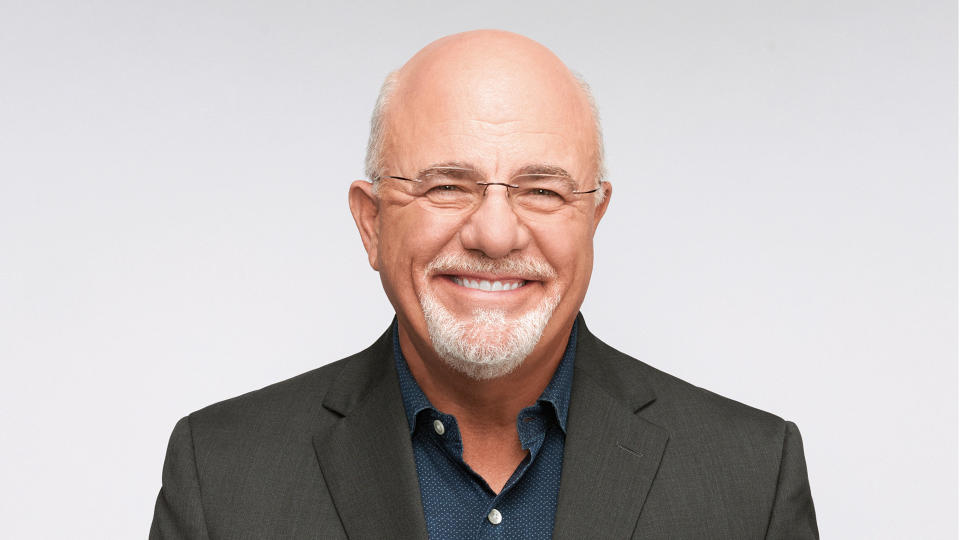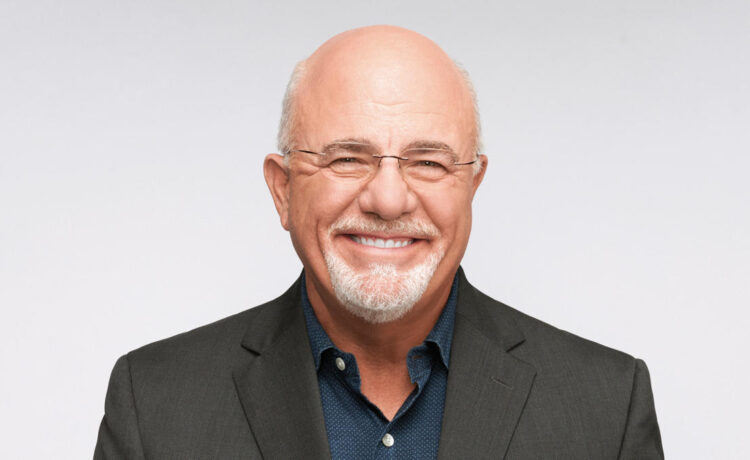
2024, for 38% of overall Americans surveyed by GOBankingRates, is the year consumers plan to buy a car. Before you hurry off to a car dealership with your tax refund, however, you might want to hear what the top money experts have to say about this major financial milestone.
It’s not a bad thing to buy a vehicle, but personal finance experts like Dave Ramsey, Suze Orman, David Bach and Kevin O’Leary are unanimous in agreement that consumers should never buy a brand new car.
Here are some of their biggest reasons why purchasing a new car can be bad for your overall financial health.
Check Out: Avoid Buying These 5 Cars: Get These Similar (and Often Cheaper) Models Instead
Learn More: How To Get $340 Per Year in Cash Back on Gas and Other Things You Already Buy
Sponsored: Owe the IRS $10K or more? Schedule a FREE consultation to see if you qualify for tax relief.
New Cars as a Depreciating Asset
Most financial experts agree about depreciation being a major deciding factor as to whether to buy a new car or not.
According to Dave Ramsey, new cars lose their value at a much faster rate than used cars. A post on his website, Ramsey Solutions, takes a closer look at the timeline for new vehicle depreciation. Ramsey used the example of purchasing a new car for $35,000. Just one minute after this car is driven off the dealership lot, it loses about 9% to 11% of its value, or about $3,500.
Be Aware: 6 Questions You Should Never Ask at a Car Dealership
The speed in which new cars depreciate is soured all the more if you need to take out a loan to finance the purchase.
In an interview with CNBC, “Automatic Millionaire” author David Bach recommended buyers focus not on monthly payments but rather annual payments associated with a new car.
He used the example of a buyer who spends $500 every month to pay off their new car. This totals $6,000 a year, which may be roughly two or three months’ worth of your income.
Bach recommends asking yourself if you could invest, instead, in a less expensive, slightly older, used car that works over a pricey new vehicle that goes down in value daily.
Financing a New Car May Rob You of Savings Opportunities
Suze Orman wants those interested in buying a new car to consider opportunity costs.
In an article on her website, Orman recommended calculating the opportunity cost of a financial move. Essentially, this means if you spend a dollar on something, like buying a new car, this dollar is no longer available to put towards other outstanding financial goals. Those that don’t consider these costs may find themselves making decisions that ultimately jeopardize other key aspects of their financial health and long-term security.
One opportunity cost example Orman used was buying a new car when you aren’t on track with your retirement savings. Drivers that need to finance a new car purchase and spend years paying off an auto loan have considerably less cash to free up for their retirement accounts.
In an example where a driver spends $650 a month on their new car payment, Orman said the opportunity cost is more than $45,000, which could have been used for retirement savings.
Do This Instead of Buying a New Car
Most Americans do need a reliable vehicle for daily transportation purposes. If you’re unable to buy a new car, “Shark Tank” star Kevin O’Leary recommended using rideshare services, like Uber and Lyft, to get to your destination and save money.
For those Americans that don’t live in major cities and where there’s limited access to rideshares, the next best approach is to buy a used car.
Do your due diligence to find a safe, dependable and affordable used car in your price range. To avoid aggregating any debt, Ramsey recommends making this purchase using cash.
It may not be brand new, but a used car is reliable, allows you to save money over time — and put the savings towards other financial goals — and allows 38% of Americans to check “buy a car” off their financial milestones for 2024.
Survey Methodology: GOBankingRates surveyed 1,039 Americans aged 18 and older from across the country between Nov. 9 and Nov. 13, 2023, asking ten different questions: (1) How would you rate your financial well-being/situation at the end of 2023?; (2) How much do you want to realistically save in the next year?; (3) What types of investments are you considering for 2024? (Select all that apply); (4) Will you be in debt in 2024?; (5) Will you have an emergency fund going into 2024, and how many months will/would it cover?; (6) Which best describes your top financial goal for 2024?; (7) Are you planning for any of these major milestones in 2024? (select all that apply); (8) What is your top financial stressor heading into the new year?; (9) Are you planning for any major job changes in 2024?; and (10) What would you like to have happen the most in 2024?. GOBankingRates used PureSpectrum’s survey platform to conduct the poll.
More From GOBankingRates
This article originally appeared on GOBankingRates.com: Dave Ramsey, Suze Orman, David Bach and Other Money Experts: Never Buy a New Car
















